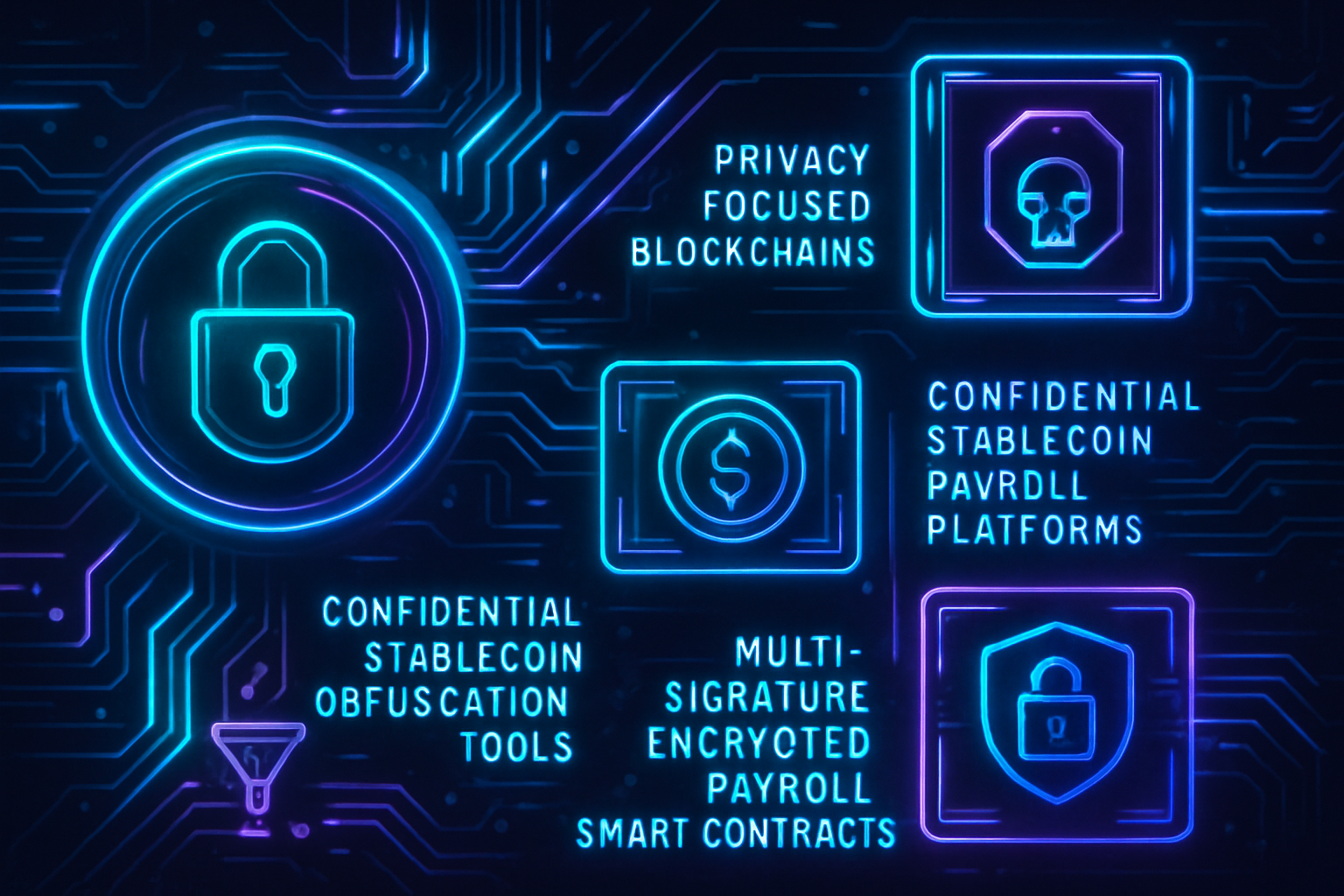
As global payroll systems rapidly evolve, the demand for private crypto payroll and confidential blockchain salaries is at an all-time high. In 2024, both employers and employees are prioritizing privacy, regulatory compliance, and operational efficiency when distributing stablecoin and USDC payrolls worldwide. Yet, the inherent transparency of public blockchains poses significant risks to salary confidentiality and corporate data protection. To address these challenges, a new wave of privacy-enhancing technologies has emerged, offering robust solutions that preserve anonymity without sacrificing auditability or compliance.
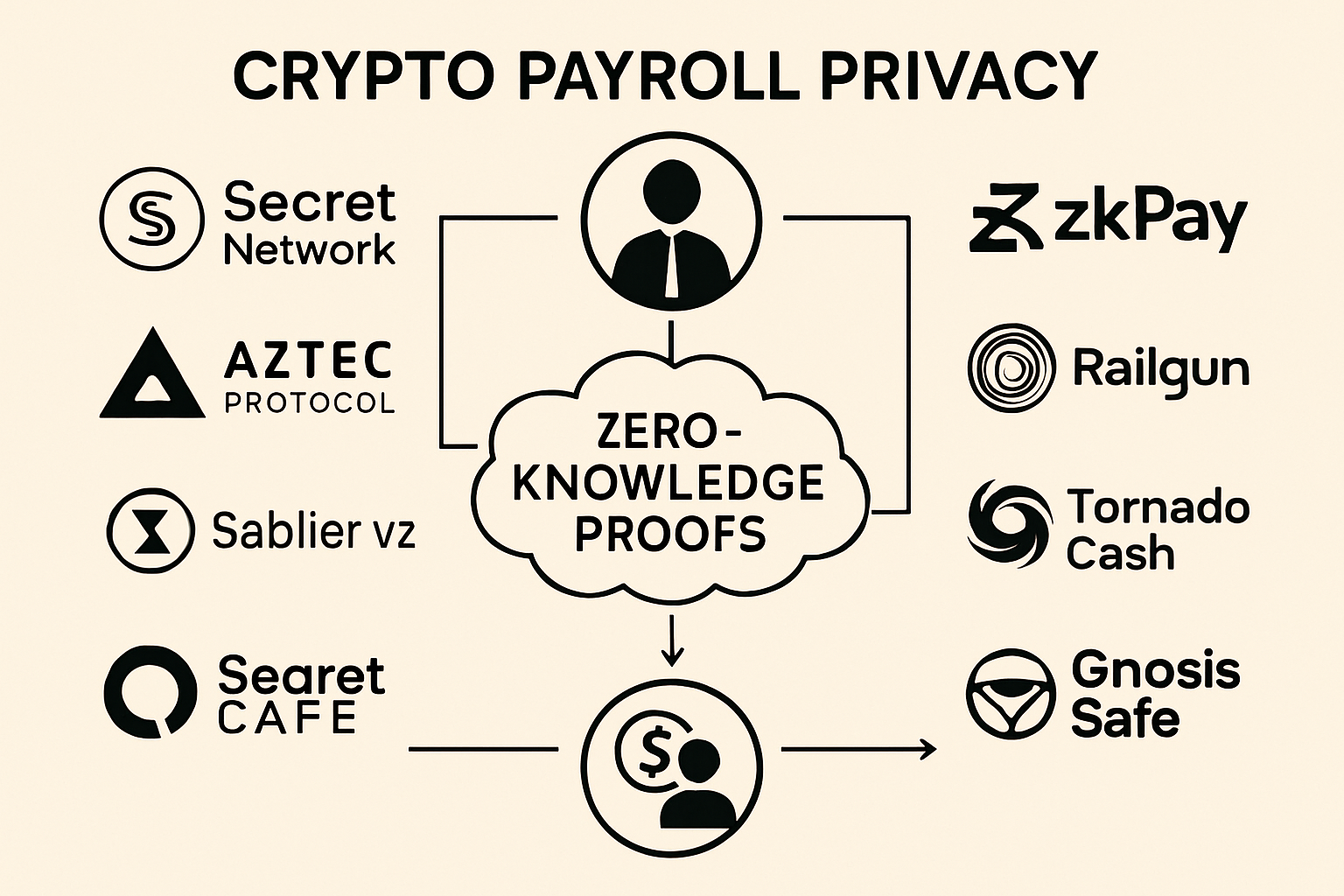
Privacy-Focused Blockchains: The Foundation of Confidential Payroll
The first line of defense for private global payroll is the adoption of privacy-centric blockchain networks. Platforms like Secret Network and Aztec Protocol leverage advanced cryptographic primitives to ensure that transaction details such as sender, recipient, and amount remain encrypted on-chain. Unlike standard Ethereum or Bitcoin transactions, which expose wallet addresses and values to public scrutiny, these privacy blockchains shield sensitive payroll flows from external analysis.
Secret Network, for example, employs secret contracts that execute logic while keeping input/output data confidential. This is ideal for organizations seeking to pay remote teams or contractors in stablecoins without leaking salary information to competitors or malicious actors. Similarly, Aztec Protocol‘s zkSNARK-based rollups enable confidential DeFi operations – including payroll – by hiding transaction metadata while preserving settlement finality.
Zero-Knowledge Proofs: Enabling Confidential Stablecoin Payroll Platforms
The second pillar in the privacy stack is the integration of zero-knowledge proof (ZKP)-powered platforms for stablecoin payroll distribution. Solutions such as Sablier V2 and zkPay utilize ZKPs to enable real-time salary streaming and USDC disbursements without exposing underlying payment details on public ledgers.
Sablier V2, for instance, allows employers to stream salaries in USDC or other stablecoins across customizable time intervals. By embedding ZKPs into payout logic, Sablier V2 ensures that only authorized participants can verify payment authenticity – not the world at large. zkPay, another emerging platform, takes this further by supporting fully shielded stablecoin transfers with granular access controls for auditors or HR personnel as required by compliance frameworks.
Obfuscating Salary Flows: On-Chain Mixers and Obfuscation Tools
A third strategy for enhancing blockchain payroll confidentiality involves routing payments through sophisticated on-chain mixers and obfuscation tools. Leading solutions like Railgun and (historically) Tornado Cash have been adapted for enterprise-grade use cases such as salary distribution.
Railgun‘s smart contract architecture enables users to deposit stablecoins into shielded pools and then withdraw them to fresh addresses – effectively breaking direct on-chain links between employer wallets and employee recipients. This technique thwarts chain analysis attempts while maintaining cryptographic verifiability of payment flows. While regulatory scrutiny has limited some mixer protocols (e. g. , Tornado Cash), compliant implementations tailored for enterprise payroll can still provide a critical layer of transactional privacy in jurisdictions where permitted.
Top Privacy Solutions for Crypto Payroll in 2024
-

Use of Privacy-Focused Blockchains (Secret Network, Aztec Protocol): Leverage blockchains designed for confidentiality, enabling encrypted salary transactions and private payroll data on-chain. Secret Network offers programmable privacy for smart contracts, while Aztec Protocol brings zero-knowledge privacy to Ethereum payroll flows.
-

Confidential Stablecoin Payroll Platforms with Zero-Knowledge Proofs (Sablier V2, zkPay): Deploy stablecoin salary payments using platforms that integrate zero-knowledge proofs, ensuring transaction details and recipient identities remain confidential while maintaining regulatory compliance.
-
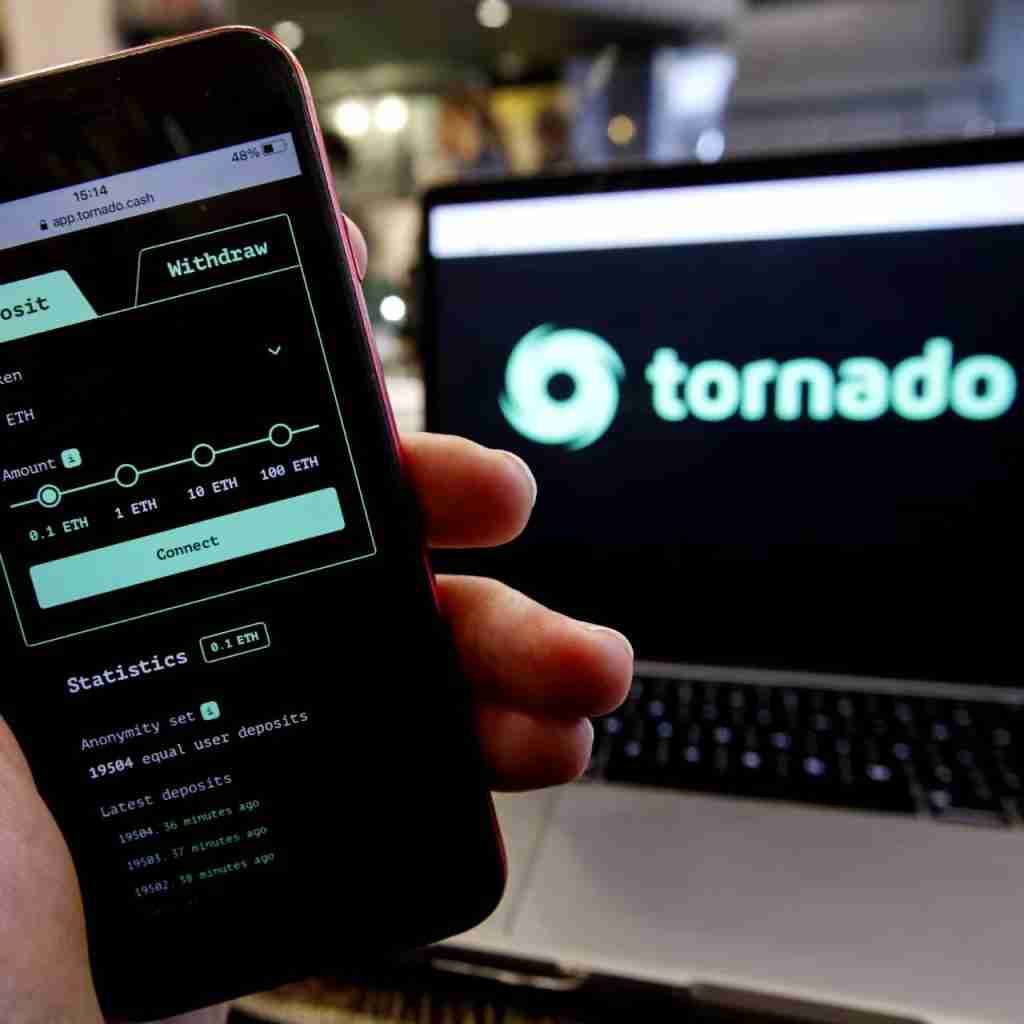
On-Chain Salary Obfuscation Tools and Mixers (Railgun, Tornado Cash for payroll flows): Increase payroll privacy by routing crypto salaries through decentralized privacy tools and mixers. Railgun enables shielded transfers on Ethereum, while Tornado Cash (where legally permitted) can obfuscate payment trails for enhanced confidentiality.
-

Multi-Signature and Encrypted Payroll Smart Contracts (Gnosis Safe with confidential modules): Utilize advanced smart contract wallets supporting multi-signature authorization and encrypted transaction modules. Gnosis Safe allows for secure, auditable, and private payroll management, with confidential modules protecting sensitive salary data from public exposure.
Multi-Signature and Encrypted Smart Contracts: Secure Control Over Payroll Disbursement
The final cornerstone of a modern confidential crypto payroll stack is the deployment of multi-signature wallets with encrypted smart contract modules. Tools like Gnosis Safe, augmented by confidential modules, allow organizations to set up multi-party approval processes while encrypting key salary parameters within the contract itself.
This approach ensures that only authorized signers (e. g. , CFOs or HR leads) can access salary details or initiate payouts, drastically reducing internal risk exposure even in globally distributed teams. By combining multi-sig security with encrypted logic execution, companies can meet both operational security requirements and evolving regulatory mandates around employee data protection.
Implementing these privacy technologies is not just a technical upgrade, it’s a strategic imperative for organizations operating across borders, especially in high-competition sectors like tech, fintech, and remote-first enterprises. The ability to deliver private crypto payroll and stablecoin payroll privacy is rapidly becoming a differentiator for attracting and retaining top global talent who value financial confidentiality as much as timely, borderless payments.
Yet, deploying these advanced privacy solutions requires careful planning. Employers must balance the benefits of obfuscation and encryption with the need for auditability and tax compliance. For instance, while Railgun and similar tools offer robust on-chain salary obfuscation, companies should work closely with legal counsel to ensure that their use aligns with local regulations and anti-money laundering (AML) directives. Similarly, platforms like Sablier V2 and zkPay allow for selective disclosure, enabling organizations to prove payment integrity to auditors or regulators without revealing confidential salary breakdowns on public blockchains.
The operational impact is also significant. With Gnosis Safe multi-signature wallets enhanced by confidential modules, payroll teams can automate recurring disbursements, set granular permissions, and enforce multi-party approvals, all while ensuring that sensitive payroll data remains encrypted at rest and in transit. This not only mitigates internal fraud risk but also provides a clear audit trail for external reviews.
Best Practices for Private Global Payroll in 2024
Top Privacy Solutions for Crypto Payroll in 2024
-
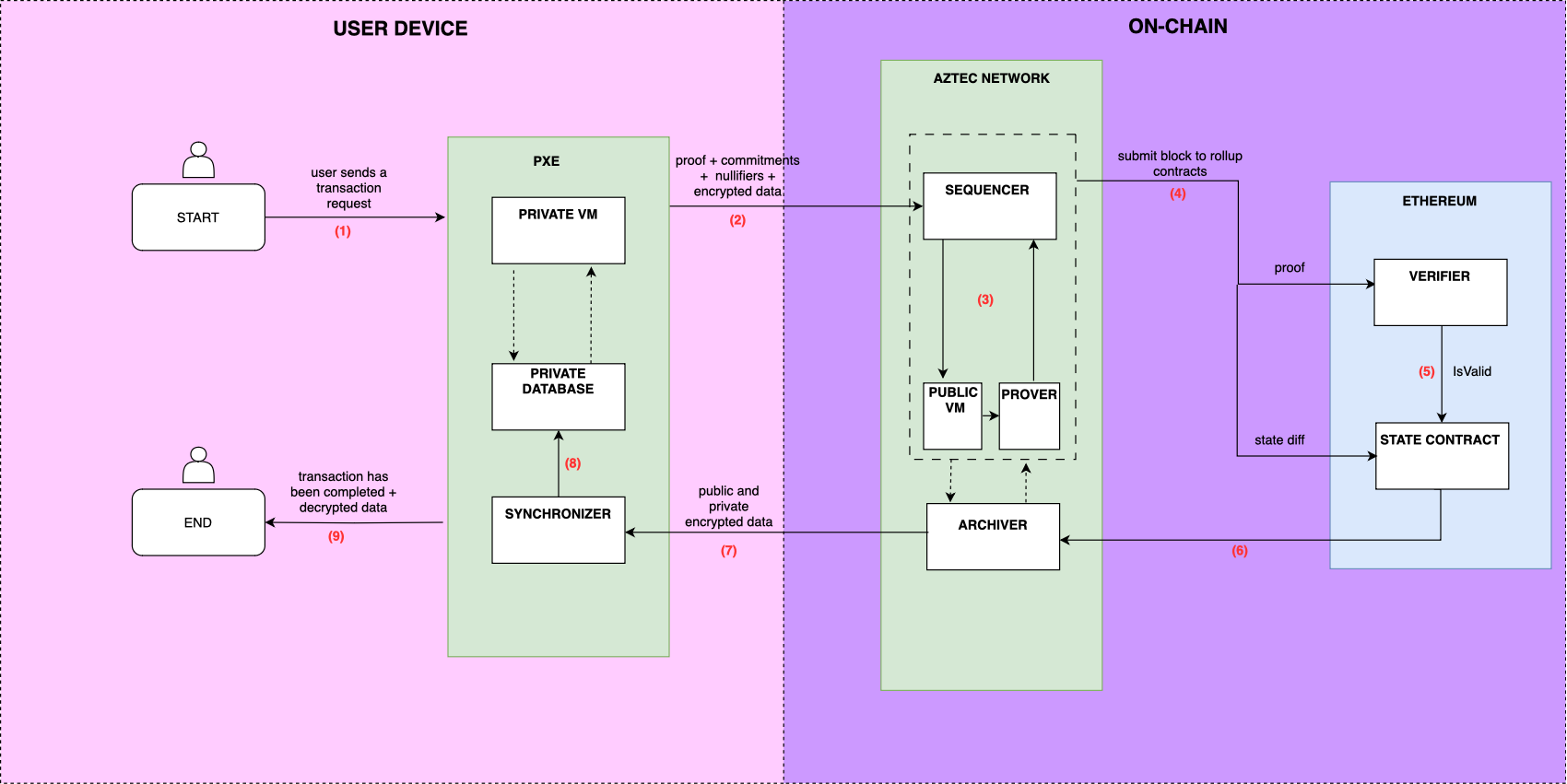
Use of Privacy-Focused Blockchains (e.g., Secret Network, Aztec Protocol): These blockchains leverage advanced privacy technologies such as encrypted smart contracts (Secret Network) and zero-knowledge proofs (Aztec Protocol) to ensure salary amounts, recipient identities, and transaction details remain confidential on-chain, providing robust protection for payroll data.
-
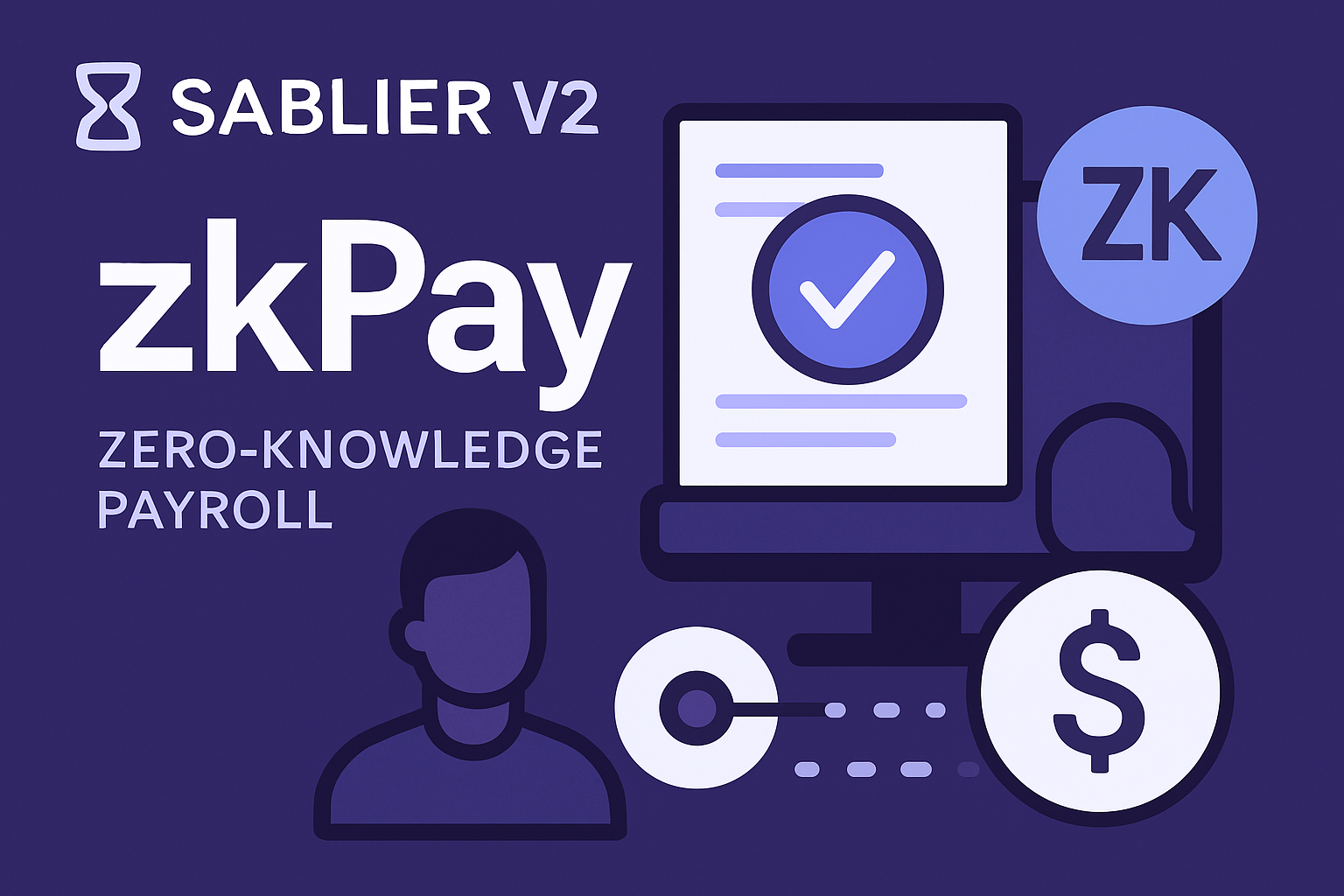
Confidential Stablecoin Payroll Platforms with Zero-Knowledge Proofs (e.g., Sablier V2, zkPay): Platforms like Sablier V2 enable real-time streaming of stablecoin salaries, while zkPay integrates zero-knowledge proofs to verify payments without revealing sensitive information, ensuring both transparency and privacy for employees and employers.
-
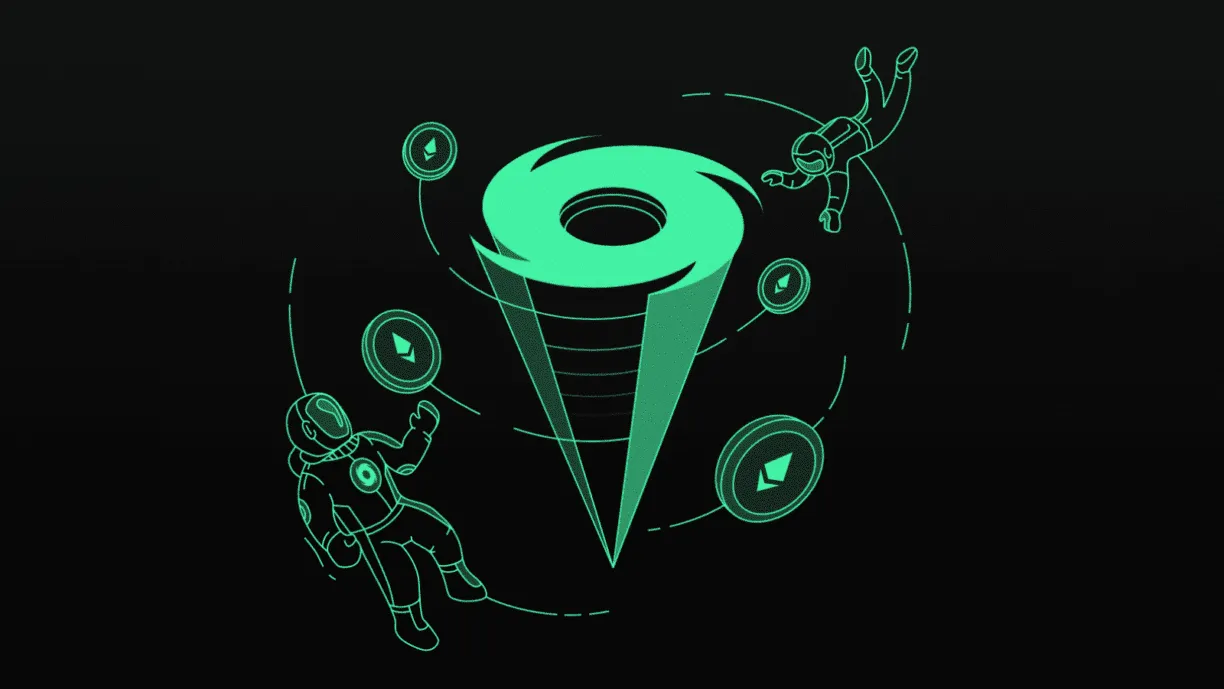
On-Chain Salary Obfuscation Tools and Mixers (e.g., Railgun, Tornado Cash for payroll flows): These privacy tools use cryptographic mixing and shielded transactions to obfuscate salary flows, making it extremely difficult to trace payments between employers and employees on public blockchains.
-
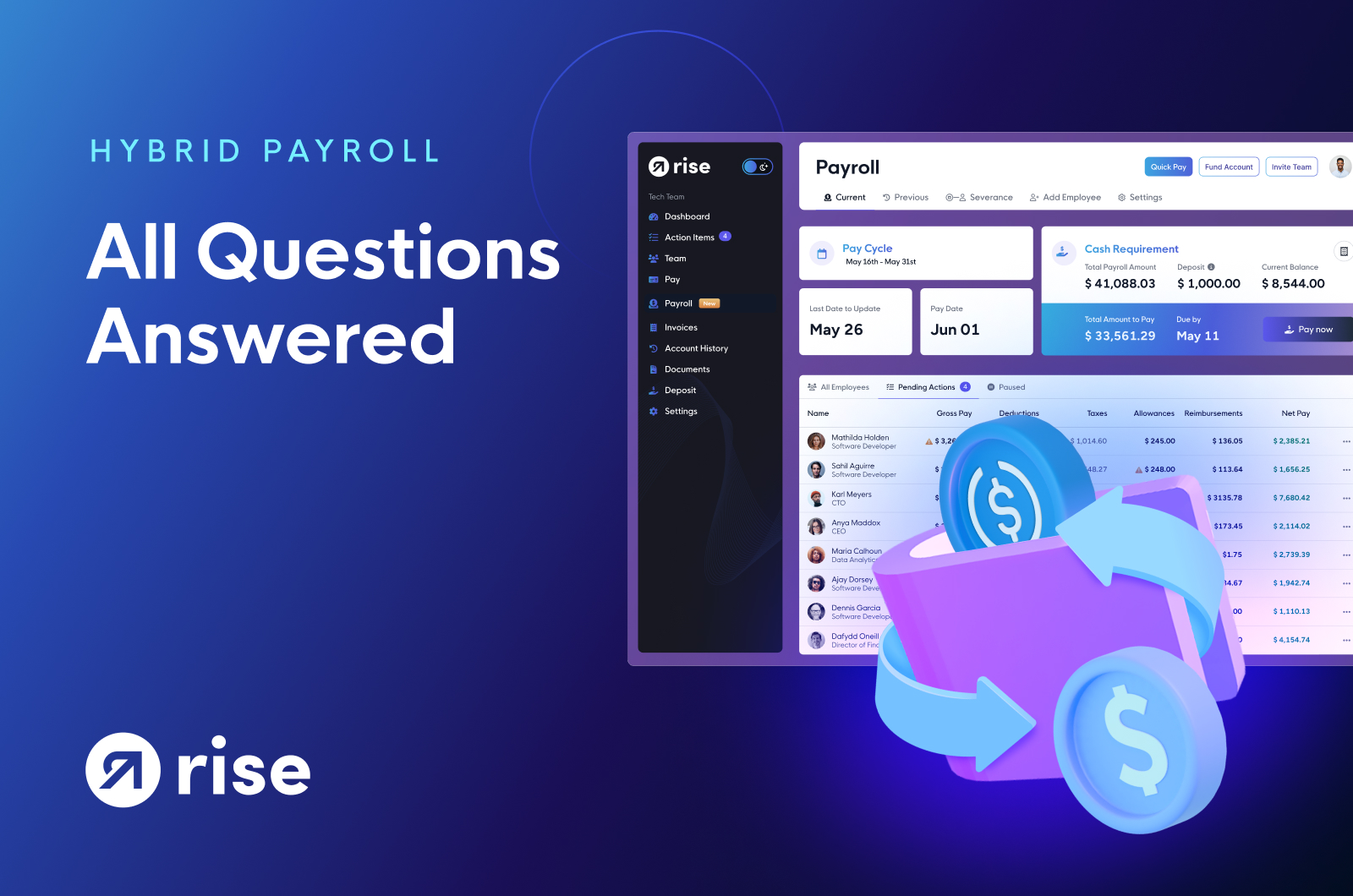
Multi-Signature and Encrypted Payroll Smart Contracts (e.g., Gnosis Safe with confidential modules): Gnosis Safe enables secure, multi-signature payroll disbursement, and with confidential modules, adds encryption to transaction details and recipient data, ensuring only authorized parties can access payroll records and execute payments.
To maximize both security and usability when implementing confidential blockchain salaries, consider the following best practices:
- Select jurisdiction-compliant privacy tools: Ensure your chosen privacy protocols are legal and compliant within your operational jurisdictions.
- Integrate audit-friendly ZKP platforms: Use solutions like Sablier V2 or zkPay that provide selective transparency for authorized parties.
- Automate payroll flows with encrypted multi-sig contracts: Deploy Gnosis Safe with confidential modules to streamline approvals while protecting sensitive data.
- Educate your team: Regularly train HR and finance staff on evolving privacy tools and regulatory requirements in crypto payroll.
The future of blockchain payroll confidentiality is already here, and it’s being shaped by a convergence of cryptographic innovation, regulatory adaptation, and enterprise demand for operational agility. By leveraging privacy-focused blockchains, ZKP-powered stablecoin platforms, advanced on-chain mixers, and encrypted smart contracts, organizations can deliver truly private global payroll experiences that are both secure and compliant.
If you’re ready to future-proof your international compensation strategy, and give your team the confidence that their financial data remains their own, the time to adopt these privacy-first crypto payroll solutions is now.






